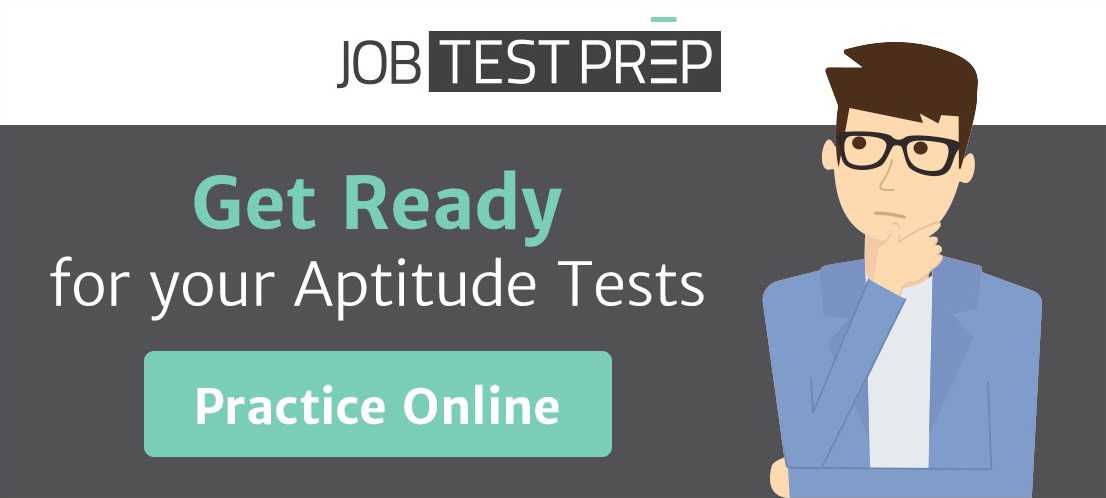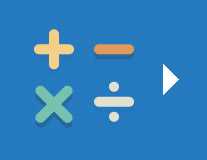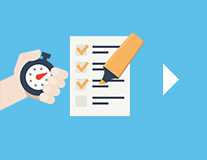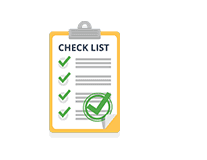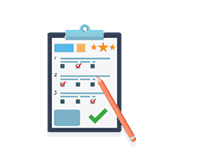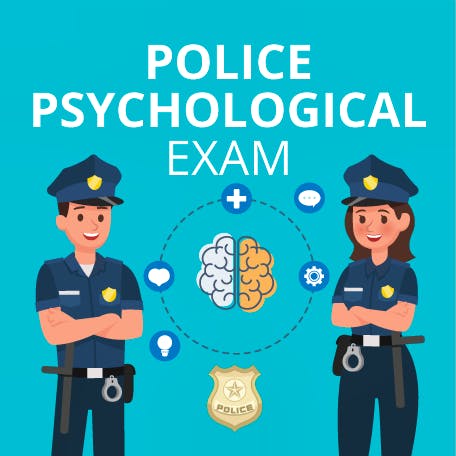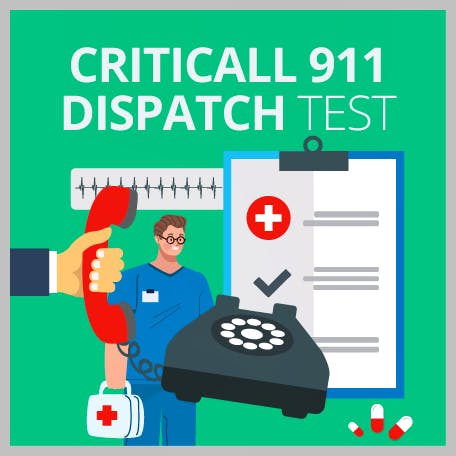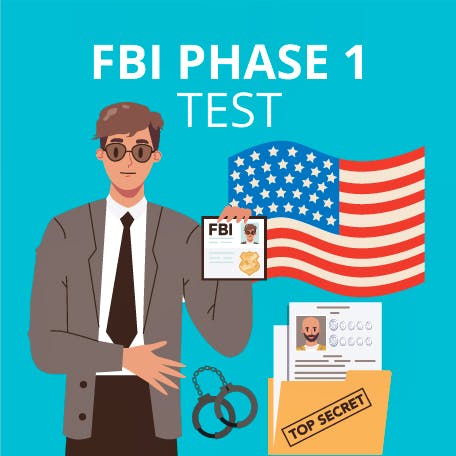Marines ASVAB Test: Requirements and Positions
Updated November 18, 2023
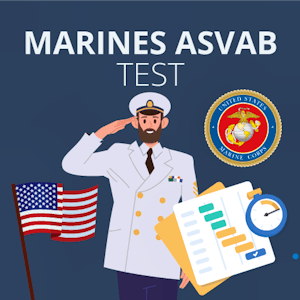

To successfully enlist in the US Marine Corps, certain standards must be met. Marines require both physical and mental strength as well as discipline, determination and the ability to overcome obstacles. This is sometimes referred to as the ‘Marine Mindset’.
One of the ways candidates who wish to enlist will be assessed is by taking a test known as the Armed Services Vocational Aptitude Battery (ASVAB).
A good score on the test suggests that a candidate possesses the mental skillset to be successful in the military.
Marines need to be able to make quick, accurate decisions and adapt to and overcome threats and obstacles on the battlefield.
What Is the Marines ASVAB Test?
The ASVAB test is given to all hopefuls who want to join the US Armed Services. The ASVAB test is a multiple-choice assessment. It is comprised of questions that cover a series of different subjects.
The ASVAB is a recruitment tool and is administered by the US Military at Military Entrance Processing Stations (MEPS) under controlled conditions.
The ASVAB test is available to be taken by both computers and in paper and pen format, although more than two-thirds of candidates who take the test opt to do so by computer.
Another version of the test is the ASVAB Career Exploration Program (CEP), which is given to students in Grades 10 to 12 in some US schools. This test is more about exploring a student’s strengths, skills and potential and helping them to think about their future career plans.
The ASVAB CEP is not necessarily a military recruitment exercise.
What Does the Marines ASVAB Test Measure?
The ASVAB tests are designed to test the mental fitness of potential armed forces recruits.
The ASVAB test that is taken by those who want to join the Marine Corps covers a range of areas, including technical, mathematical, verbal and spatial skills.
Questions on the ASVAB cover the following broad subject areas:
- General Science (GS) – Tests knowledge on scientific areas such as life science, physical, earth and space
- Arithmetic Reasoning (AR) – Tests whether a candidate is able to find solutions to basic arithmetic problems
- Word Knowledge (WK) – Tests word comprehension using synonyms
- Paragraph Comprehension (PC) – Tests how well a candidate can extract information based on a paragraph of text
- Mathematics Knowledge (MK) – Tests for basic math knowledge
- Electronics Information (EI) – This section requires an understanding of basic electrical components and concepts (such as currents, voltage, circuits, etc.)
- Auto and Shop Information (AS) – Tests understanding of automotive repair/ wood and metal shop work and procedures
- Mechanical Comprehension (MC) – Tests knowledge about mechanical and physical principles
- Assembling Objects – Tests a candidate’s ability to envision how an object looks once the sum of its parts is constructed
Marines need to be able to think quickly and on their feet.
The questions are designed to assess how adaptable a person is, whether they can make fast and accurate decisions, as whether they have the right technical knowledge and skills to be an asset in the Marines.
Example Questions On The Marine ASVAB Test
What number is the GREATEST common factor of 120 and 192?
a) 22
b) 16
c) 24
d) 32
Which of the following is equivalent to 25%?
a) 24 out of 96
b) 22 out of 102
c) 602/14
d) 200 out of 1,000
‘The world is evolving to become increasingly reliant on artificial intelligence (AI). These AI programs are trained using a mix of large data sets and machine learning. As processes start to become increasingly automated, the need for human labor decreases. This may have a negative impact on the workforce and job market that may, ultimately, not be able to be entirely offset by encouraging workers to upskill.’
Based on the passage above, which sentence best describes what the author thinks?
a) AI is trained by humans and can never fully replace humans at work
b) Businesses that use AI are doing so to reduce costs and improve output
c) It is vital that we learn and adapt as technology evolves
d) Increased automation and reliance on AI will correlate with job displacement and could significantly affect the future job market
Which of the following words is the least similar to the word 'correlate'?
a) Relate
b) Associate
c) Desolate
d) Connect
How would you define 'semiconductor'?
a) A material that has an electrical conductivity value somewhere between a conductor and insulator
b) A material with a conductivity value of less than 30
c) A topological insulator
d) A material that is unable to conduct electrical charge

If you need to prepare for a number of different employment tests and want to outsmart the competition, choose a Premium Membership from JobTestPrep.
You will get access to three PrepPacks of your choice, from a database that covers all the major test providers and employers and tailored profession packs.
How do unipolar transistors differ from bipolar junction transistors?
a) They use only one kind of charge carrier
b) They are able to use multiple charge carriers
c) They use only extrinsic conductors
d) They are essentially the same type of transistor
In the soldering and desoldering process, flux can help to to what?
a) Chemically remove oxide layers, promote wetting and even flow
b) Increase the melting point of the solder significantly
c) Increase the alkalinity of the surfaces being soldered
d) Improve airflow
Which part of the heart receives oxygen-rich blood from the lungs and pumps it to the left ventricle?
a) Right atrium
b) Right ventricle
c) Left atrium
d) Pulmonary artery
| Subject area | Number of Questions | Time Limit (in minutes) |
|---|---|---|
| General Science | 16 | 8 |
| Arithmetic Reasoning | 16 | 39 |
| Word Knowledge | 16 | 8 |
| Paragraph Comprehension | 11 | 22 |
| Mathematics Knowledge | 16 | 20 |
| Electronics Information | 16 | 8 |
| Automotive Information | 11 | 7 |
| Shop Information | 11 | 6 |
| Mechanical Information | 16 | 20 |
| Assembling Object | 16 | 16 |
You do not pass or fail the ASVAB; instead, you have to achieve at least the minimum required by the branch of the military you are applying to.
How to Prepare for the ASVAB Test
The ASVAB is a long and intensive test. If you are hoping to pass the first time, it is important that you take time to study for the test beforehand. This Marine ASVAB study guide will will provide tips on how to ensure you have the best change of passing the Marine Corps ASVAB test
The more prepared you are for taking the ASVAB, the higher the chances of scoring well on test day – remember, you require a score of at least 31 to pass, but ideally, you want more than just a passing score.
To get adequately prepared, you need to start studying for taking your ASVAB test a month or two before taking the test.
If you are sitting the assessment straight out of high school, then some of the information required may be fresh in your mind, but it always pays to practice and prepare:
Step 1. Find Marine ASVAB Practice Tests Online
You can search for resources online and try out a Marine Corps ASVAB practice test to familiarize yourself with the content and format of the tests. Practice under timed test conditions as far as possible.
Step 2. Focus On Your Weaker Areas and Practice These More Than the Questions You Are More Confident About
Most online tests will give you a breakdown of your scores so you can go back and review the answers that you got incorrect.
Step 3. Read Up About the Subjects You Will Be Tested On
The subjects you will be tested on will include general science and basic auto repair. Try to practice mental math wherever possible.
Step 4. On Test Day, Make Sure You Read All of The Questions Thoroughly and in Full
The time constraints on some of the tests are tight, but you are less likely to answer correctly if you skim-read.
You will be marked based on the number of correct answers you give, so if you are in doubt or if you are running out of time, you can always take a guess. Test answers should not be left blank.
Step 5. Stay Calm and Try Not to Get Stressed or Anxious About Taking the Marine ASVAB
Marines need to be able to stay calm under pressure and make important, time-sensitive decisions. Implement these skills when taking your ASVAB.
Step 6. Practice Self-Care by Trying to Eat a Healthy, Balanced Diet
Staying hydrated and getting enough sleep. You will not be able to concentrate or perform at your best on test day if you are hungry, thirsty or tired.
The ASVAB test covers a series of questions in different subject areas, including arithmetic, spatial, mechanical and verbal. It is designed to assess cognitive abilities and whether Marine candidates may have a future in military service or not.
All military hopefuls are required to take the ASVAB test. Each branch sets its own requirements for a passing score.
To stand a chance at becoming a Marine, you should score above 31 on the ASVAB test (or 50 if you only have your GED or non-traditional degree).
You can find practice tests for the ASVAB online that include sample questions, answers and helpful guides.
You should also read widely on the subject areas you will be tested on, such as science and electronics.
To pass the test, you need a minimum score of 31.
Aspiring marines who do not possess a traditional degree or who have a GED need a score of at least 50 to pass the ASVAB.
Yes, you can retake the ASVAB test if you want to join the US military, including the Marine Corps.
If you need to retake the test, you can do so one month after your first try; if you need to take it a third time, you need to wait six months.
If you fail to achieve a passing score on the ASVAB, it is possible to take it again.
The test is a long and difficult one, and many test takers are not successful on their first go, especially if they have not practiced or prepared for the test.
The ASVAB test covers 10 different subject areas, including electronics, math, word knowledge, general science and automotive information.
To join the Marines, you will need to pass a criminal background check and have no felonies on your record.
New recruits have to take a physical fitness check known as an Initial Strength test (IST).
To test cognitive abilities, anyone who wants to become a Marine has to pass the Armed Services Vocational Aptitude Battery (ASVAB) with a score of 31 or higher.
Final Thoughts
Marines require a certain mindset that allows them to stay calm under pressure and find ways to overcome challenges, sometimes in highly pressurized situations.
In addition to pique physical fitness and endurance, the Marine Corps requires a certain level of cognitive skill from their recruits.
Every applicant who wants to join the US Military as a newcomer will have to take the ASVAB test and get a score above 31 to become a Marine – there is no other way around this.
To stand the best chance of getting a good score on your ASVAB test and progressing onto the next recruitment stage to join the Marine Corps, you need to study for questions across a range of subjects, focus on your weaker areas and keep taking practice tests.

